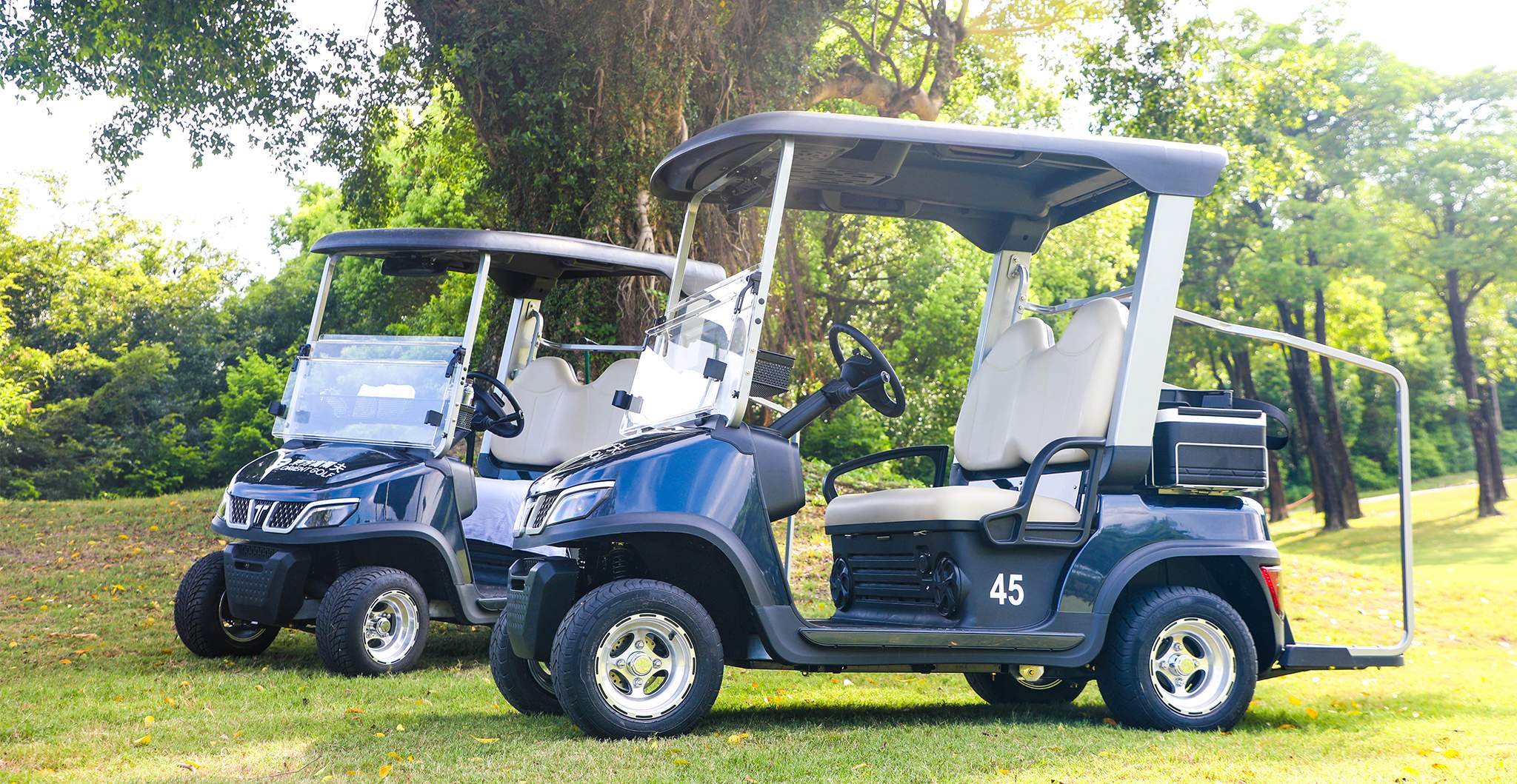The electric golf cart market in Southeast Asia is experiencing notable growth due to rising environmental concerns, urbanization, and increasing tourism activities. Southeast Asia, with its popular tourist destinations like Thailand, Malaysia, and Indonesia, has seen a surge in demand for electric golf carts, across various sectors such as resorts, gated communities, and golf courses.
In 2024, the Southeast Asia golf cart market is projected to grow by around 6-8% year-on-year. This would bring the market size to approximately $215–$270 million. By 2025, the market is expected to maintain a similar growth rate of 6-8%, reaching an estimated value of $230–$290 million.

Market Drivers
Environmental Regulations: Governments in the region are tightening emission regulations, encouraging the use of cleaner alternatives. Countries like Singapore and Thailand have implemented policies aimed at reducing carbon footprints, making electric vehicles, including golf carts, more attractive.
Rising Urbanization and Smart City Projects: Urbanization in Southeast Asia is fueling the growth of gated communities and smart city initiatives, where electric golf carts are used for short-distance transportation. Countries like Malaysia and Vietnam are integrating these vehicles into urban planning, creating opportunities for expansion in this market.
Tourism Industry Growth: As tourism continues to grow, particularly in countries like Thailand and Indonesia, the demand for eco-friendly transportation within resort areas and golf courses has increased. Electric golf carts offer a sustainable solution for transporting tourists and staff across sprawling properties.
Opportunities
Thailand is one of the most developed markets in Southeast Asia for golf carts, especially due to its booming tourism and golf industry. Thailand currently has about 306 golf courses. In addition, there are many resorts, and gated communities that actively use golf carts.
Indonesia, particularly Bali, has seen growing use of golf carts, primarily in hospitality and tourism. Resorts and hotels use these vehicles to shuttle guests around large properties. There are approximately 165 golf courses in Indonesia.
Vietnam is an emerging player in the golf cart market, with more new golf courses being developed to cater to both locals and tourists. There are currently about 102 golf courses in Vietnam. The market size is modest now, but it is expected to expand significantly in the coming years.
Singapore has 33 golf courses, which are relatively luxurious and serve high net worth individuals. Despite its limited space, Singapore has a relatively high per capita ownership of golf carts, especially in controlled settings like luxury communities and event spaces.
Malaysia has a strong golf culture with about 234 golf courses and is also becoming a hub for luxury residential developments, many of which employ golf carts for mobility within the communities. Golf courses and resorts are the primary drivers of the golf cart fleet, which is growing steadily.
The number of golf courses in the Philippines is about 127. The golf cart market is largely concentrated in upscale golf courses and resorts, especially in tourist destinations like Boracay and Palawan.
The ongoing expansion of the tourism sector, smart city projects, and growing environmental consciousness among businesses and governments present significant opportunities for market growth. Innovations such as solar-powered carts and rental models tailored to hospitality and event industries are gaining traction. Additionally, regional integration under agreements like ASEAN’s environmental policies could further boost the adoption of electric golf carts across member nations.
Post time: Sep-18-2024






